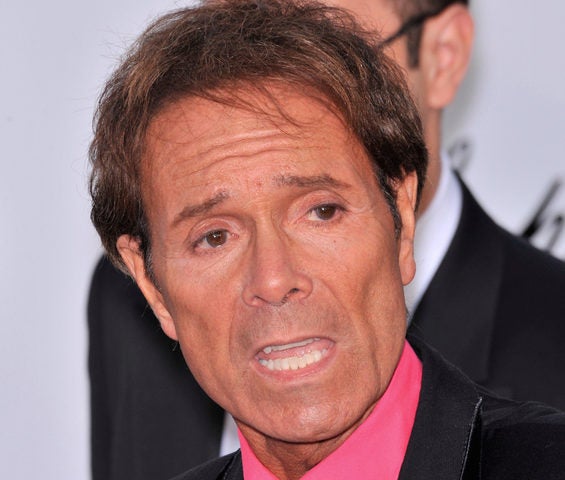
Sir Cliff Richard’s threatened legal action against the BBC could establish a new legal precedent providing a right to secrecy before charge for those under investigation by the police.
The Mail on Sunday revealed yesterday that the singer is set to seek £1m from both the BBC and South Yorkshire Police over “misuse of private information”. He reportedly believes that journalists “unlawfully colluded” with police to reveal the fact he was under investigation.
After a BBC reporter discovered that Richard was under investigation South Yorkshire Police struck a deal with the broadcaster. The BBC agreed to sit on the story until a police raid on the singer’s home on 14 August 2014 which the BBC filmed.
Richard was told he would face no action last month.
Over the 22 months he was under suspicion an album release was put on hold and there was also said to have been an impact on his winery business.
Media lawyer Caroline Kean, from Wiggin, said the legal action from Richard reflects a wider trend whereby privacy lawyers are trying to secure anonymity pre-charge for those under suspicion of criminal offences.
She said: “Claimant lawyers are pushing this a lot at the moment. They are trying to establish as a point of law that the fact of an arrest is always private.
“That’s not currently the law. As a free speech lawyer I would strongly resist any law which said the fact of an arrest is always private. It is something I think we should stand up against.”
Executive director of the Society of Editors Bob Satchwell said: “The public has a right to know what is being done in their name and with their money. Perhaps the biggest problem here is the way the police handled this issue and the time they took to resolve it.”
Richard was not arrested or charged, but a file was passed to the Crown Prosecution Service. The CPS decided to drop the case last month.
Speaking at a law conference in London last month BBC lawyer Nicola Cain said: “I don’t think there is privacy in the fact of an arrest.”
She said: “People don’t just disappear off the streets in this country. If people are being arrested and detained and locked up in police cells it’s important for the media to be able to report on that.
“People do understand that people are innocent until proven guilty.”
Email pged@pressgazette.co.uk to point out mistakes, provide story tips or send in a letter for publication on our "Letters Page" blog
